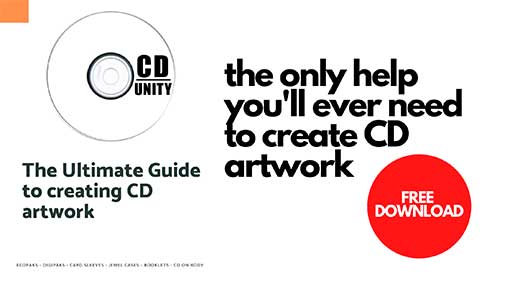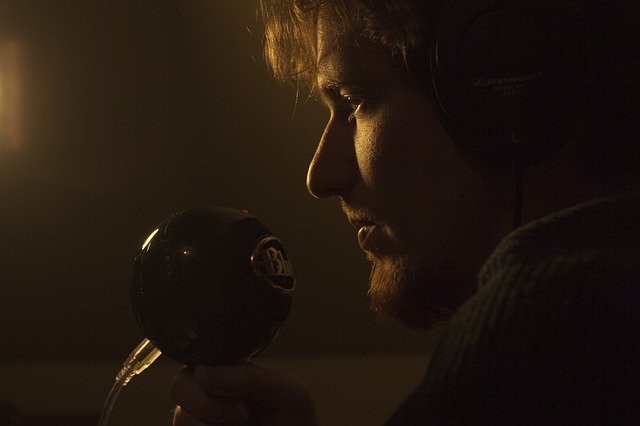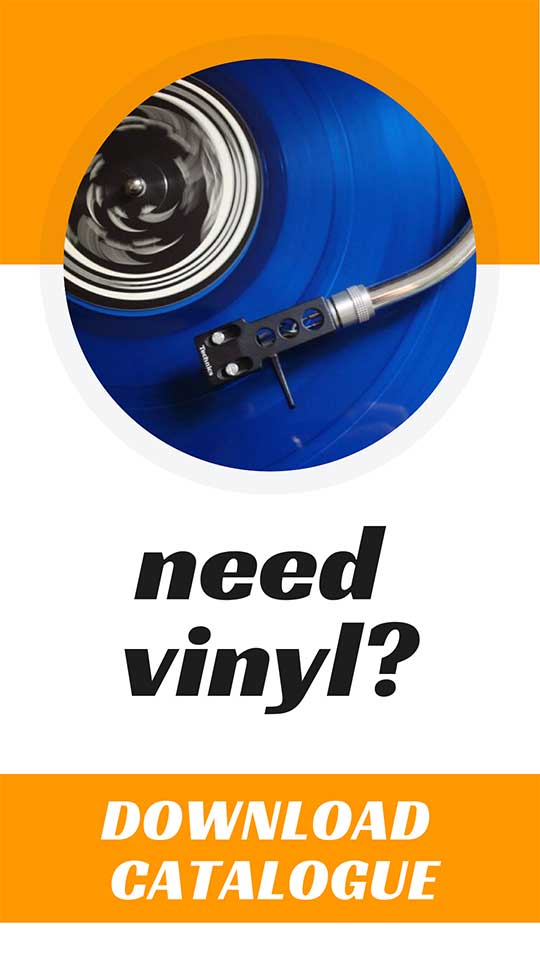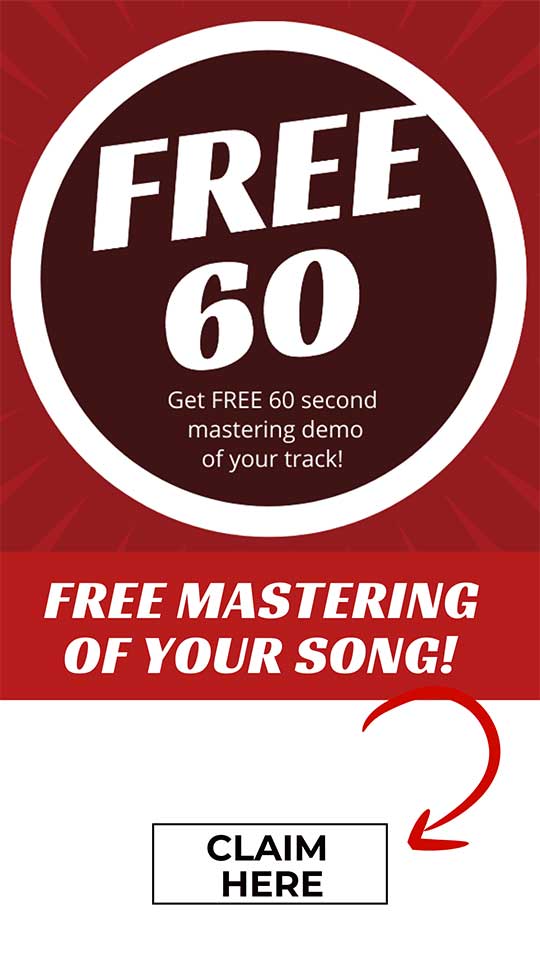What is music sync and how to get involved?
From Baby Driver, to MTV, music-sync has slowly become one of the most common forms of media in modern content – but do you actually know what it is and how to get involved in it? Scroll down to find out.
What is music sync? Essentially, music sync is the synchronisation of additional audio, to a piece of visual content, to enhance that visual content. This can range from scene setting in movies to TV advertisements.
This can be quite a lucrative income, as the music used can be included in multi-million-dollar production campaigns, but you will have to be aware of copyright and copyright law, before you get involved.
Find out all things music-sync below, including how you can get involved
What does music sync mean?
Sync is short for synchronisation. In layman’s terms, synchronisation is the process of matching up two independent things to the same pattern.
For example, a dance troop will synchronise their body movements to the music they’re performing with.
Two things music sync relies on
A music sync relies on two things: the production company in control of visualisation, and the owners of the music. The most popular example of a music sync is matching the particular moment of a film with music which matches the scene’s tone, such as romantic music during a dating scene.
Of course, music sync is not limited to just movies. It can be applied to any form of visual that could be enhanced with ‘unnatural sound’. Therefore, this includes TV shows, commercials, music videos, and theatrical performances.
It must be noted that the sync license needed for a music sync is entirely different from other music licenses. Strict music-only players such as Spotify or iTunes do not require sync licenses as their music content does not have to match any form of visuals. Additionally, venues, concert venues, lobbies and elevators do not require a license as their music is considered a ‘performance’ – much like many forms of radio output.
And don’t worry, whenever you buy a copy of a CD, LP, or EP in physical form, that has no implications for sync licensing.
Why is music syncing popular?
Unfortunately, as with many sections of modern media, there is a domination by ‘big name’ artists and companies. Therefore, when Cary Joji Fukunaga was directing the newest James Bond movie, No Time to Die, and struggling for the perfect musical accompaniment to an opening scene, it was fairly expected that he would turn to Billie Eilish.
But – and this is the beauty of music sync – the best music just fits. For example, Ryan Gosling’s 2011 hit Drive, is a completely music-sync-driven film. In fact, Gosling only says 891 words in the entire film. As such, the director is heavily reliant upon musical accompaniment to continually progress the plot along. And this is becoming an increasingly popular tool in modern cinema.
With this rise of filmmaking, there are therefore more opportunities to provide a music sync for a dramatic chase scene, or a tense, but quiet confrontation between characters. For many directors, they will search for a Billie Eilish-type input inappropriate here. However, many up-and-coming directors looking to create something different, will search elsewhere. They may want solely instrumental pieces, and may be searching for a fresh, new sound from an independent artist like yourself.
How do I get involved in music sync?
As I’ve said, the director holds a lot of say in what music is used for their visual syncs. But, they don’t hold complete control. Here’s who you need to approach to get involved in a music-sync:
- The Director, they are the creative head in control of any content. From advertisement to music video, to gaming sequence, they will probably have final say in the ultimate creative appearance of the output
- Music Supervisor, they are the people usually in charge of finding ‘what fits’ for the content. Essentially, they are tasked with managing the music budget, selecting potential music-sync options, and clearing any music used in the final project’s outlook.
- Producer, they will be in charge of day-to-day ongoings of any creation project. Ultimately, they will not decide the exact music used in the final output, but they will have close relationships with the two people listed above, and we would advise having them onside
What legal things should I know about music sync?
If you want to work in the world of music sync, you will need to understand copyright and separately, copyright law.
There are two copyrights you definitely need to understand:
- Master rights – which means the original recordings themselves, and the right to copy or duplicate them. Each recording has its own master right attached to it, and these can be bought, sold, or licensed to sync; allowing income to be generated from the master copy
- Publishing rights – the actual song itself. For example, if you write, sing, and record a completely original song you will own the master and publishing rights for that song. If you perform and record a cover of a Billie Eilish song, the publishing rights for the song still belong to Eilish and her publishers. But you would own the master rights of your recorder cover of her song.
How do you get paid for music sync?
As you’ve probably guessed from reading above, your rights are what will generate revenue for you. Before your song is ever used in a piece of content, it has to be cleared by you. That is because you own the recording, or master, and the song itself, what has been published.
Do I need an agent? for my music sync projects?
Most musical compositions, of any size, are rarely done entirely by one individual. Quite frequently, you will work with other artists, writers, and musicians. Therefore, when your material is to be used in a piece of content, whoever owns a percentage of the master or publishing rights, will have to be asked for permission to use the music.
To prevent any legal confusion, and misunderstanding of legal rights, many of these matters are controlled by one individual representing the rights of all considered, or a sync agent. Who this is, is entirely up to those involved in the creation of the piece. But we would advise you to hire someone proficient in copyright and copyright law.
Hope that was helpful.
Thanks,
Rory
Get ready for your CD release!
Download our FREE pdf guide and be on the sure path to release your CD successfully.
Download pdf guideYou might also like:
Includes PR companies, UK promoters & UK booking agents. Everything you need to put your band on the map.







